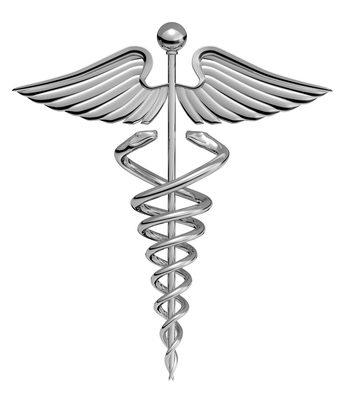One of the fastest growing careers today is health informatics. Designed for information technology professionals, this career is focused on collecting, organizing and managing health care data. As electronic health records become the standard way of tracking medical care, health informatics jobs will only increase over the coming year.
1. There Are Multiple Employment Options
This career has more than just a standard job title. Professionals who work in this field may be employed in a sub-category like health information management, bioinformatics, public health informatics or nursing informatics. Job applicants can choose the category that suits their unique interests and skills for a rewarding profession.
Recommended: Top 10 Online Master’s in Health Informatics Degree Programs
2. More Jobs Are Posted Every Day
From 2014 to 2014, the Bureau of Labor Statics expects jobs in this field to grow by 15 percent. The average employee in health informatics makes a median wage of $35,900 per year of $17.26 per hour. While a degree in health informatics helps, it is still possible to attain one of these jobs without a degree. In 2014, there were 188,600 jobs available in the field. By 2024, the number of jobs in this field is expected to increase by 29,000.
3. Health Informatics: Changing the Game
Using electronic systems helps to improve the efficiency of health care by reducing errors. Due to the benefits of electronic records, the industry saves money and can share patient information easily. Patients are able to engage in their medical care through online portals where they can access their health history, treatment plan and medical records. These tools allow care to be coordinated for better patient outcomes. Through health informatics, errors and misdiagnoses are reduced for a better quality of care.
4. Health Informatics Lowers Costs
The University of Illinois in Chicago recently did a study of hospitals and clinics that used health informatics. According to the university, 50 percent of all health care spending is currently lost on inefficient processes. Through techniques like health informatics, companies can make their services more efficient and reduce waste.
5. Health Informatics Combines Three Separate Fields
Someone who works in this industry excels at a variety of different fields. To be successful, a job applicant must be talented at working in the business, health care and technology fields. Through technical skills, employees can work to boost the efficiency of health care while reducing the chances of errors. Often, employees start by learning about technology, programming or statistics in their undergraduate work. While an advanced degree is not necessary, some employees will gain a master’s degree that specializes in health informatics. This helps them to stand out from other applicants and provides them with the skills needed for a rewarding career.
Health informatics is expected to grow in coming years, so it is an ideal field for new job applicants to get into. With the right level of education and experience, students can be hired by doctors’ clinics, hospital and health insurance companies. Once hired, employees can expect good wages and significant job growth over the next decade.
